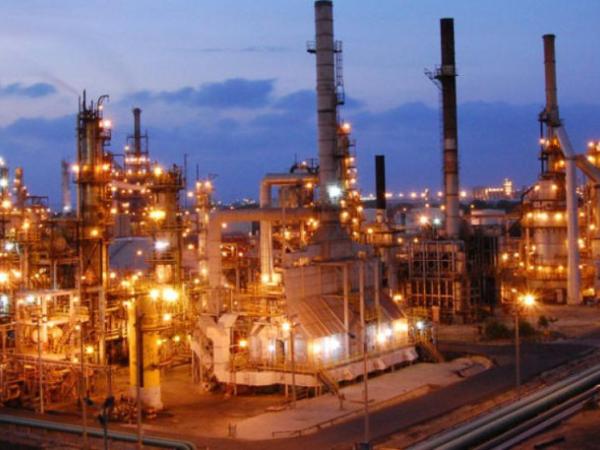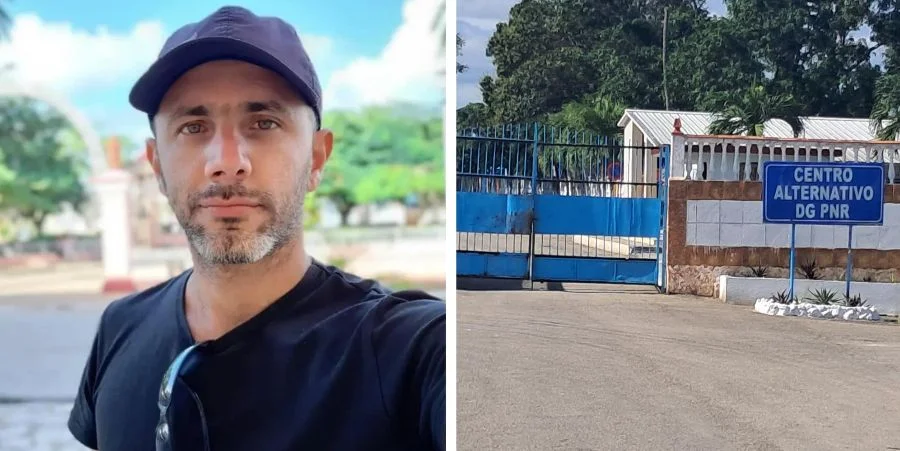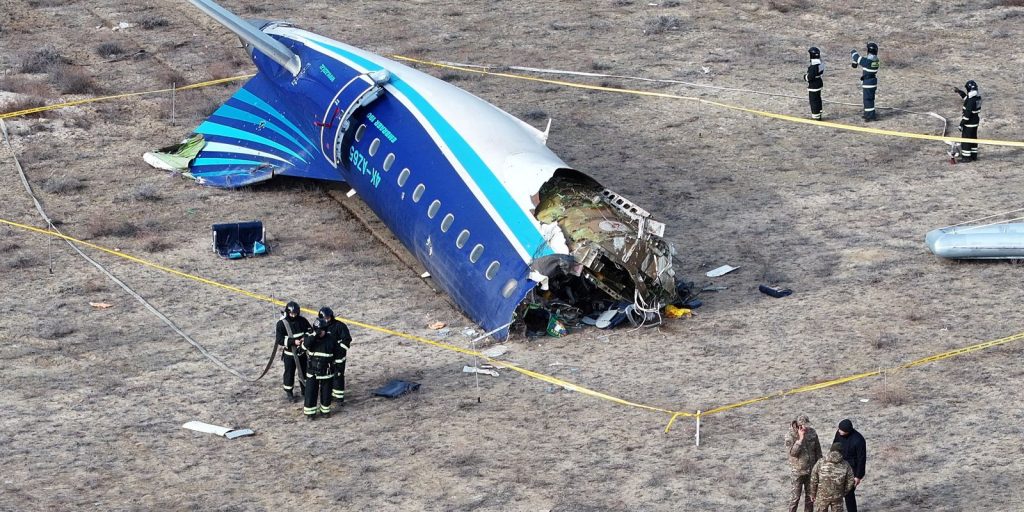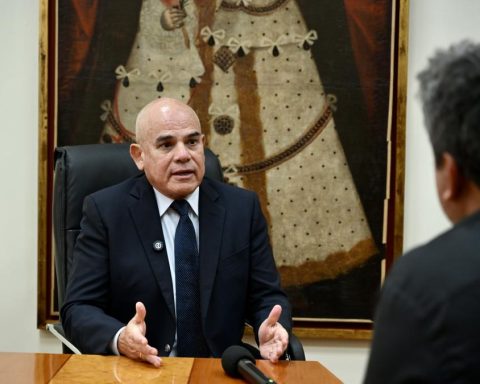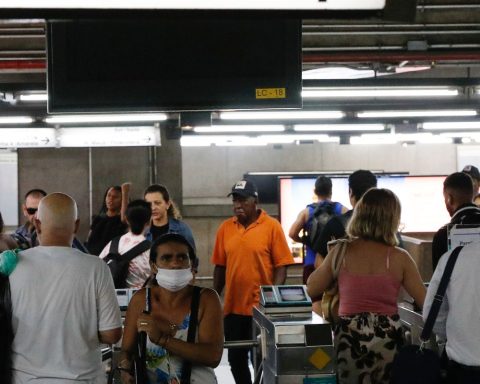The Cartagena Refinery (Reficar) The year 2024 ends with two administrative and judicial decisions that have to do with the heritage detriment in the construction of its modernization.
On the one hand, on December 10 it was learned that the Administrative Court of Cundinamarca annulled the fiscal responsibility ruling issued by the Comptroller General of the Republic in 2021, which sanctioned several directors and contractors of Reficar for 2.9 billion pesos, for his alleged responsibility in irregularities due to cost overruns in the work.
(You can read: Market expects bittersweet results from Ecopetrol in the third quarter of 2024).
To this judicial determination is added another one adopted by the Comptroller’s Office in the month of October and to which EL TIEMPO was able to access.
And it is that the Special Investigations Unit against Corruption of the fiscal control entity filed another fiscal responsibility process for more than 942,000 million pesos which opened in 2018 due to other supposedly irregular events.
Refy.
Private file
The file
In October 2018, the then Comptroller General, Carlos Felipe CórdobaI declare another process linked to the “higher values executed and their financing sources, outside the investment period, in excess of the 8,016 million dollars that are considered Capex (investment expenses) and that were apparently accounted for in the investment budget in the operation (Opex ) of the new Cartagena Refinery“.
(Continue reading: What does hydrogen need to become a more widely used fuel?).
In July 2018, fiscal responsibility was attributed and August 2021 was the moment in which a formal process was opened for the above, for an alleged detriment of 942,000 million pesos, covering Reyes Reynoso and Amaury de la Espriella Martínez, former presidents of Reficate; Adolfo Hernández, former president in charge; to Carolina González Carrillo, Fernando Cordón López and Jaime Eduardo Caballero, former financial vice president of the refinery and their counterparts in charge Ana Isabel de Choucair and Mauricio Ramírez Terrasa.
Although initially an investigation was launched due to the lack of certainty in Reficar’s accounting information, which did not allow us to identify the destination of the resources already mentioned or whether they were property or belonged to investment expenses (Capex) oa operational expenses (Opex)the Comptroller’s Office received evidence after the opening of the case that helped clarify, as indicated in the decision.

Refy.
Private file
The control body states that they studied all the accounts between the years 2014 and 2018 of the project and They decided that the 942,000 million pesos in question belonged to Opex operational expenses.
(You can read: Rules are prepared for the temporary or permanent abandonment of oil wells in Colombia).
“It was possible to identify the third parties (beneficiaries) to whom payments were made in activities associated with the aforementioned project and the concept in which they were invested, in fact, the contract number was found in each payment and the nature of the good or contracted service“, is expressed in the archiving decision.
The investigation also established that several of these operations were intended for the acquisition of raw materials and “They were not destined for the expansion and modernization project of the refinery as had been identified in the opening order, that is to say to the Capex that correspond to investment expenses of machinery or equipment typical of this type of projects, but rather to raw materials for the start-up of what was built, operating expenses or Opex“.
Facts do not ‘constitute patrimonial detriment’
The Decision Chamber of the Fiscal and Penalty Chamber of the Comptroller’s Office confirmed the archiving decision indicating that the facts that were investigated “They do not constitute patrimonial detriment“.
(You may be interested in: What will happen to the electricity supply in the dry season?).
“Although at the beginning it was not certain in what they had been invested in and who were the beneficiaries of the aforementioned operations, in this process it was demonstrated, first, that these resources were not part of the PMD of the “Modernization and expansion of the old Refinery “But they corresponded to the operational expenses for the purchase of raw materials (crude oil), and were also intended to solve the liquidity problems that Reficar had.“says the room.
“Although at the beginning there were inconsistencies and discrepancies in the accounting information provided by Reficar, in accordance with the accounting information collected, reviewed and compiled both in the Special Visit and in the Technical Report carried out, the destination of each operation was clearly determined.“, is stated in the ruling.
PORTFOLIO
*With information from EL TIEMPO – JUSTICIA
